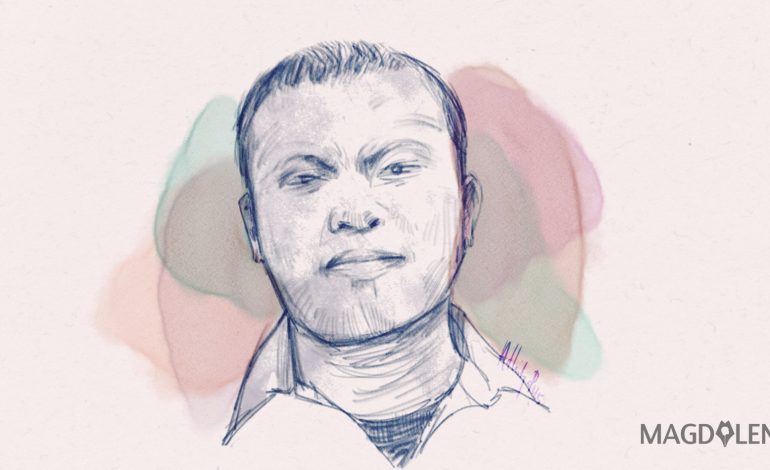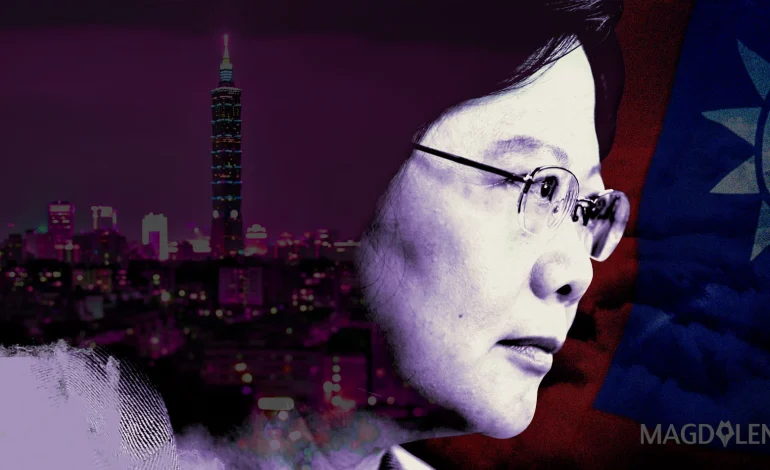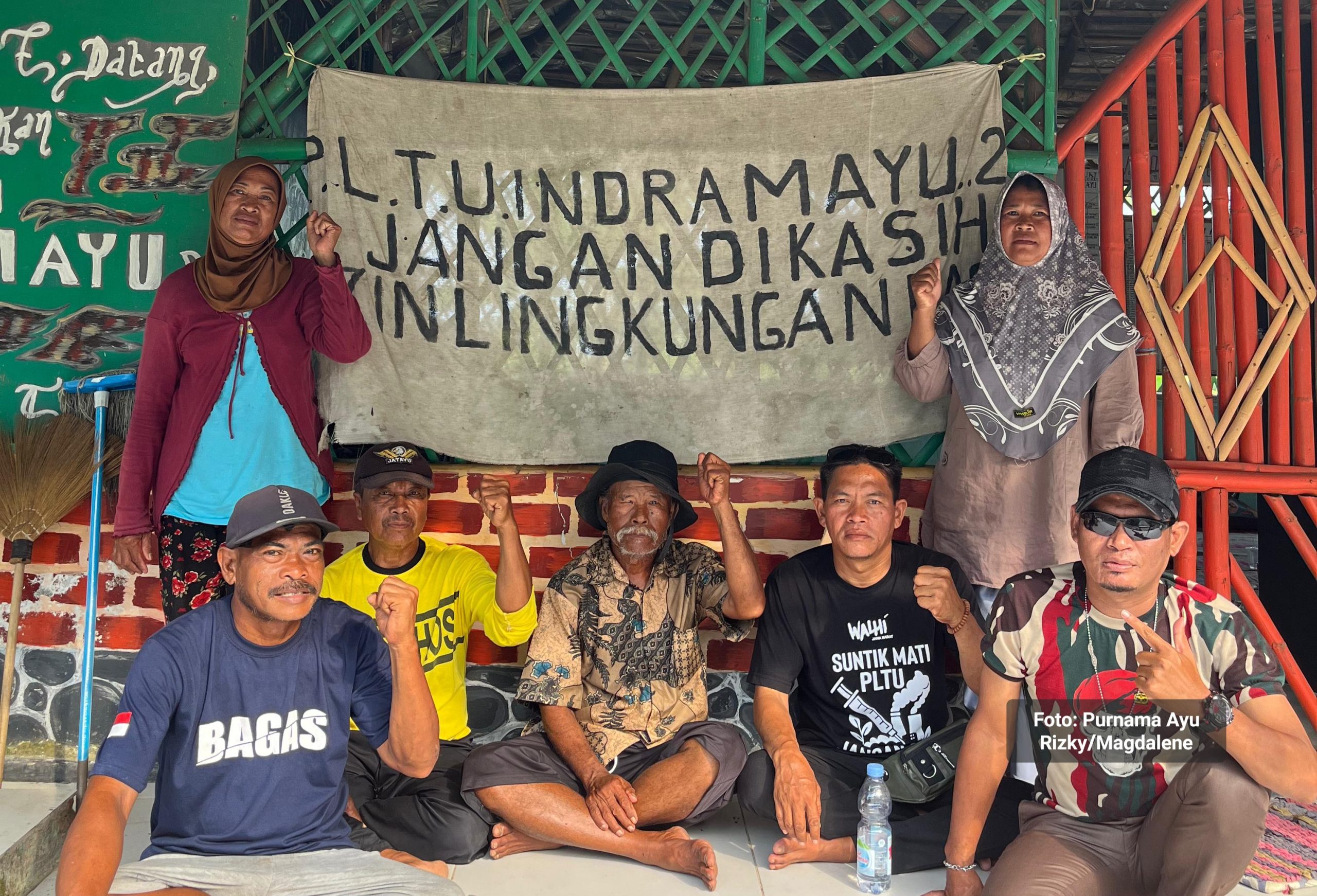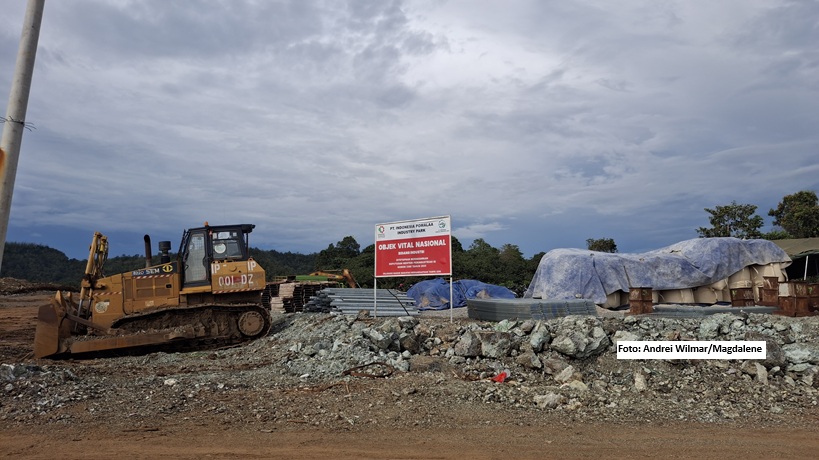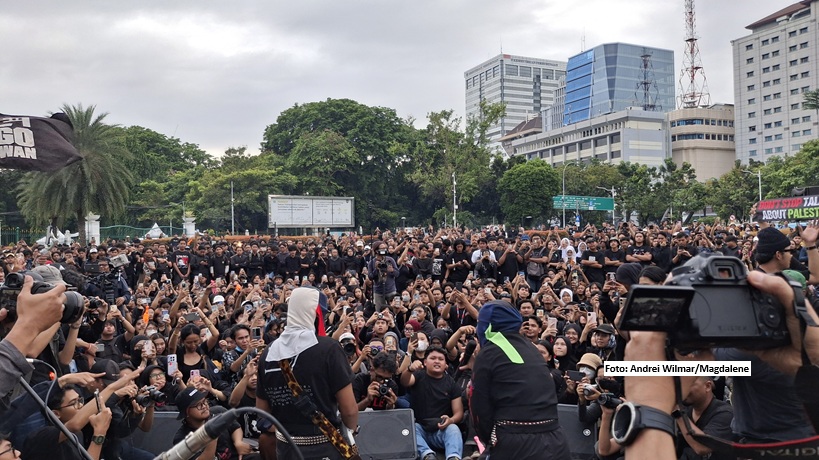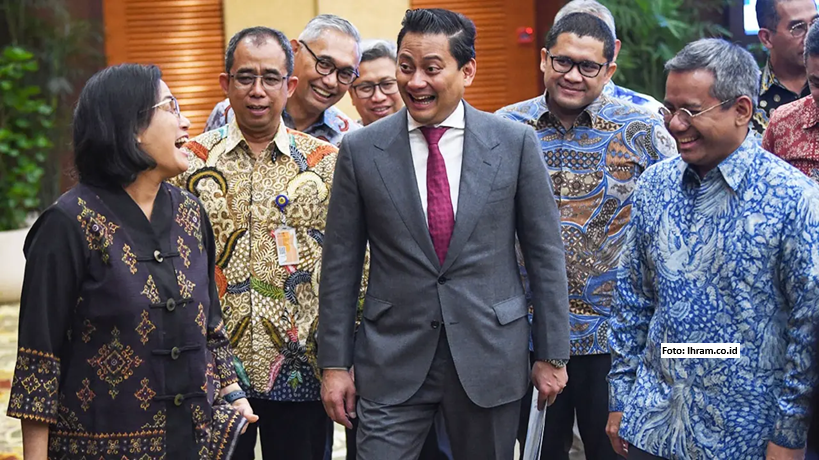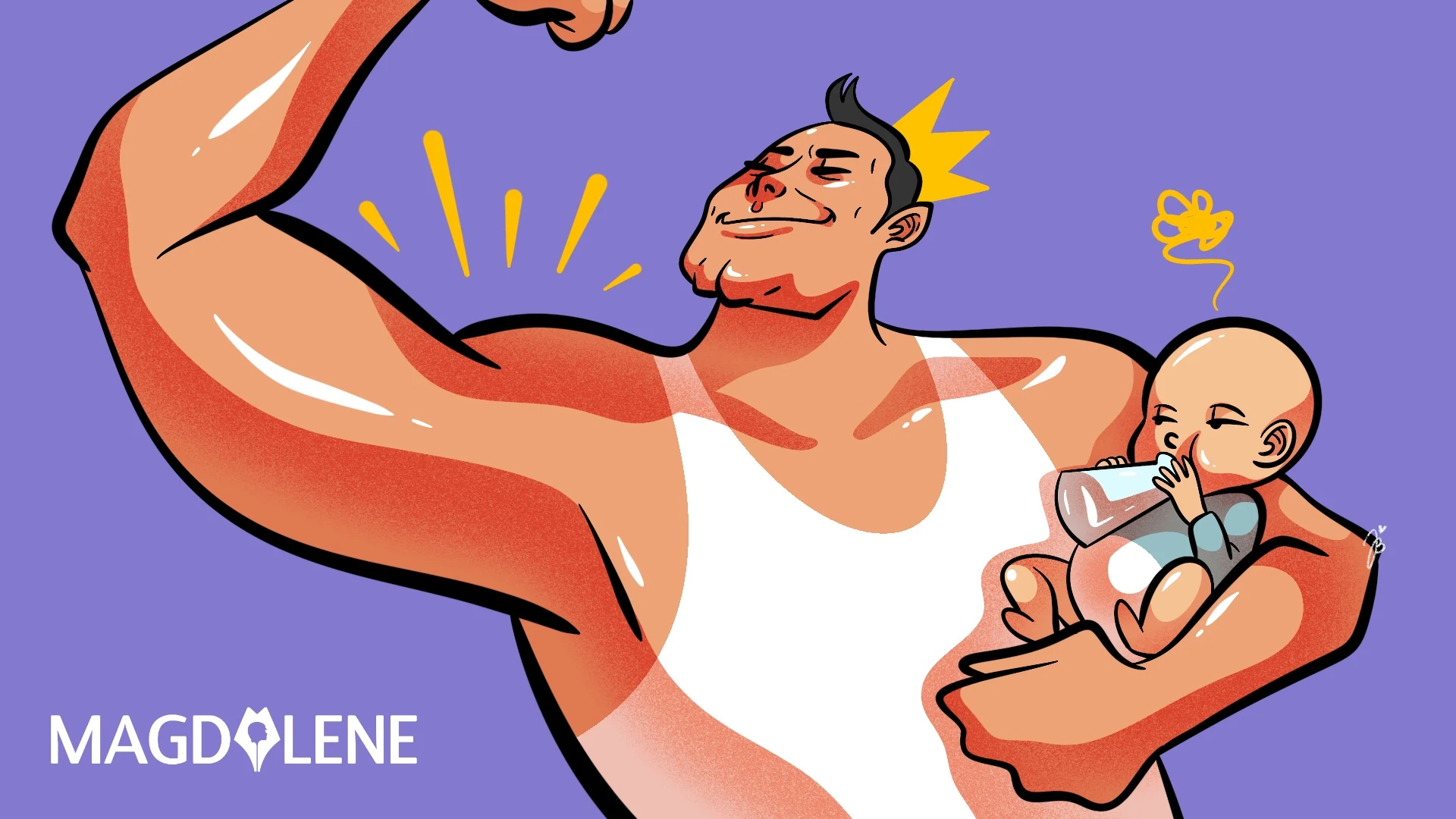SGRC UI Offers Help for LGBT Youth Going Through Hard Time
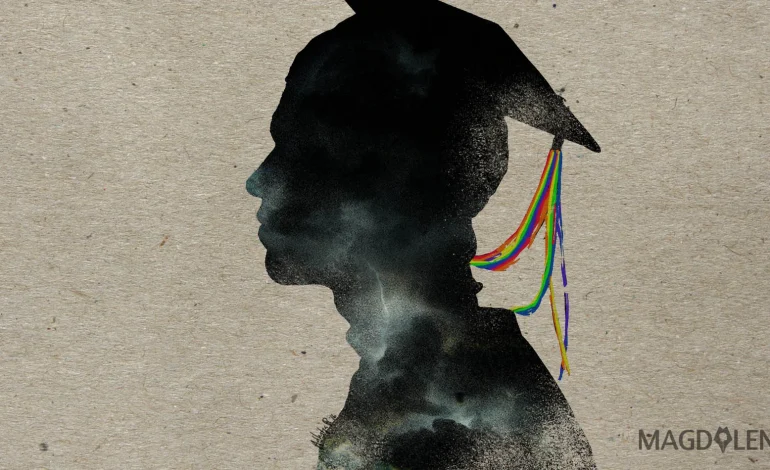
Last week, Sexuality Group and Resource Center University of Indonesia (SGRC UI), a community group from Indonesia’s foremost state university known announced a collaboration with Melela.org to start an LGBT Peer Support Network to provide help for LGBT youth. What transpired since, however, had been unexpected.
The media picked up the announcement and emerged with reports that sensationalized the group, with headlines like “Homo group spreading homosexuality on campus”. It led to the university issuing a statement that SGRC has no affiliation to the university and demanding the group to remove the university’s logo in all of its publication as well as to stop using the initial UI from its name.
SGRC has responded by saying that it is an independent community/study group, not a Student Unit Activity (UKM), that shares knowledge and information on sexuality and gender based on scientific researches. It was founded on May 17, 2014 and run by UI’s students, alumni, and lecturers, which is the reason for using “UI” as part of their name. The group is currently still in discussion with the university about the latter’s demand.
The Peer Support Network itself aims at broadening public perspective and encouraging tolerant culture towards those who are often considered as “different”.
Prameswari Noor, the Chairperson of SGRC UI said the community “has zero political motive”, and the answers during the Peer Support Network session will be provided based on various perspectives.

“The counselor’s job is not to indoctrinate those who are being counseled, but to help them find the right solution based on their own conscience,” she added.
The Peer Support Network is only one of its activities. It focuses on gender equality, body ownership, women and labor rights, health reproduction and other issues related to gender and sexuality. In the past they have held campaigns and events on sexual violence prevention on campus and on unraveling the stigma on the body, some of which were supported by Magdalene as its media partner.
“SGRC UI is not a dating community or a place to look for a mate for LGBT group, and we refuse to be reduced as an ‘LGBT community group’ as we strive for other humanity issues,” the group says in its press release.
SGRC UI has received a lot of support from within and from outside of the university. Those who feel SGRC UI has been informative and helpful direct their support to its Twitter account (@SGRCUI), using #dukungSGRCUI hashtag.
To find out more about the peer support network, I interviewed Firmansyah, a co-founder and the treasurer of SGRC UI who’s also the Owner Representative for LGBT Support Group Network over email.
Magdalene: How will Peer Support Network help LGBT people?
Firmansyah: The Peer Support Network wants to make sure that everyone doesn’t feel alone while going through difficult times. It’s a place to tell a story, which is apparently needed by most people. For instance, a boy is overweight, and because of that he is mocked by his friends. They call him “meatball”, for example. He experiences peer-pressure and he doesn’t have to go through that alone.
Similarly, the Peer Support Network also wants to help those in need, but it focuses specifically on the lives of LGBT people. It’s not easy to be LGBT, so it will help them if they have friends to talk to, whom they can share their stories during the hard times. It’s simple, but important.
What is the urgency in setting up the Peer Support Network?
Of course it’s related to the needs of LGBT people. Arus Pelangi Organization has once conducted a research on the lives of LGBT people. It turns out that 62.2 percent of them tend to look for help to their friends when they experience oppression and violence, while only 18.7 percent actually ask for help from their family, which makes the support group relevant.
Another interesting facts from the research, about 46 percent of violence cases against LGBT people, were perpetrated by people they don’t know – strangers. For me, personally, this is frightening. Violence comes from hatred. I believe before deciding whether to like or hate a person, one should try to get to know that person first.
Is there a lot of LGBT youth out there that have been pressured, discriminated against or oppressed?
According to a research by Arus Pelangi, 89.3 percent LGBT people have experienced violence. They include physical violence (79.1 percent), sexual violence (45.1 percent), and cultural violence (63.3 percent). While physical violence usually involves beating up and sexual violence are mostly rape cases, cultural violence includes forced marriage.
As a matter of fact, forced marriage could also lead to sexual violence. For instance, a lesbian is forced by her family to marry a man. To the man, sexual intercourse is just what married people do, but to the woman – as the marriage itself was forced upon her – the sexual intercourse is not consensual and will feel like a never-ending rape, which she cannot do much to stop, since it’s perpetrated within a marriage institution.
What would be the impact if LGBT youth don’t get the help they need?
Based on international scientific journal, young adult LGBT who experienced rejection by their family in their younger years is eight times more prone to suicide, six times more prone to depression, and three times more prone to doing drugs compared to those who don’t experience rejection by their family. Therefore, in order to prevent those risks, LGBT needs as much support they can get from everybody.
Therefore, we strongly feel that it’s necessary to provide support for them and give them access to information on sexuality so that they can go through their lives better, preventing them from suicide, depression, and drug addiction.
Read Ayunda’s story on rape prevention.

